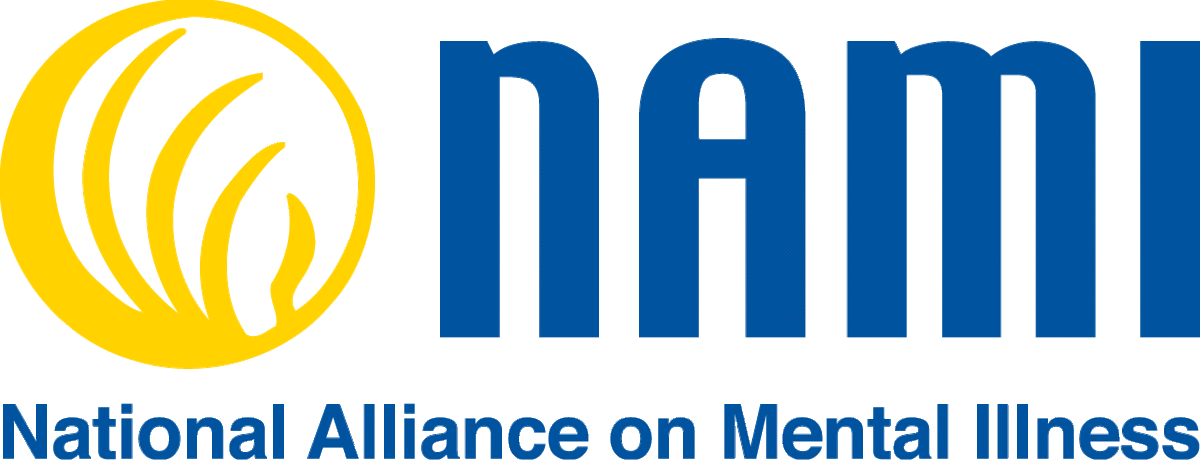GETTING HELP
If it is an emergency, please call 911
If you have thoughts of suicide please call the National Suicide Prevention Hotline at 1-800-273-8255
Resources
Not all resources will be beneficial to everyone, as people with mental illnesses have different needs. Online resources are great for giving information and how to obtain help. If an online resource does not work for you, then you could visit your college's mental health resource on campus or seek out nearby medical assistance. Here are a few online resources that provide essential information on mental illnesses.
American College Health Association
The ACHA uses advocacy, research, and education to represent the mental health of college students in over 1,100 higher education institutions. Their core values reflect on healthy individuals and campus communities. For more information, you can click the link in the title or contact them at 410-859-1500.
National Alliance on Mental Illness
NAMI is the largest grassroots mental health organization dedicated to eliminating stigma. They take pride in educating, advocating, listening, and leading when it comes to mental health. If you are looking for more information on depression, this is a reliable source. You can click the link in the title or contact them at 1-800-950-NAMI (1-800-950-6264).
National Institute of Mental Health
NIHM is one of the 27 organizations that makes up the National Institutes of Health (NIH), which is the largest biomedical research agency in the world. Their mission is to transform and understand the prevention, recovery, and cure of mental illnesses through basic clinical research. You can click the link in the title or contact them at 1-866-615-6464.
This website is a great tool for college students seeking tips for themselves and more efficient ways to help friends in need. It gives endless amounts of facts about illnesses common in college students. You can click the link in the title or text them at 741-741 or call them at 1-800-273-TALK (1-800-273-8255).
Coping Mechanisms
Coping mechanisms are ways people deal with stressful situations by behaviors, thoughts, or emotions. They allow for individuals to cope with anger, isolation, anxiety, depression, and other mental illnesses. Everyone is not the same and no disorder is the same, so every coping mechanism may not be for you and may end up with different results. There are coping mechanisms that are adaptive and then there are some that are maladaptive.
Adaptive Coping Mechanisms
-
Support: Having a good support system or just someone to talk to in difficult situations is a great coping mechanism. This can stray away from people feeling isolated.
-
Relaxing: This is a great way to calm the nerves and a few examples would be listening to music or any type of meditation.
-
Analysis: A person using this type of coping mechanism can figure out there is a problem and they set up a plan of action for resolving it.
-
Amusement: Using humor is an effective mechanism that could reduce the stress of some situations.
-
Exercise: Running, swimming, playing a sport, and other ways of exercising can be a good coping mechanism.
Maladaptive Coping Mechanisms
-
Isolation: Removing yourself from friends and social situations and partaking in solitary activities such as excessive amounts of watching television, reading, or playing video games.
-
Unhealthy Self-Reassurance: Some reassurance can be healthy if done in the right amounts, but excessive drinking, eating, and technological use can provide negative effects.
-
Risk-Taking Behaviors: Starting to use drugs or take risky actions is not a good coping mechanism.
-
Self-Inflicting Harm: Hurting yourself to cope for stress is not a good way to deal with anything and adaptive coping mechanisms should be used.




